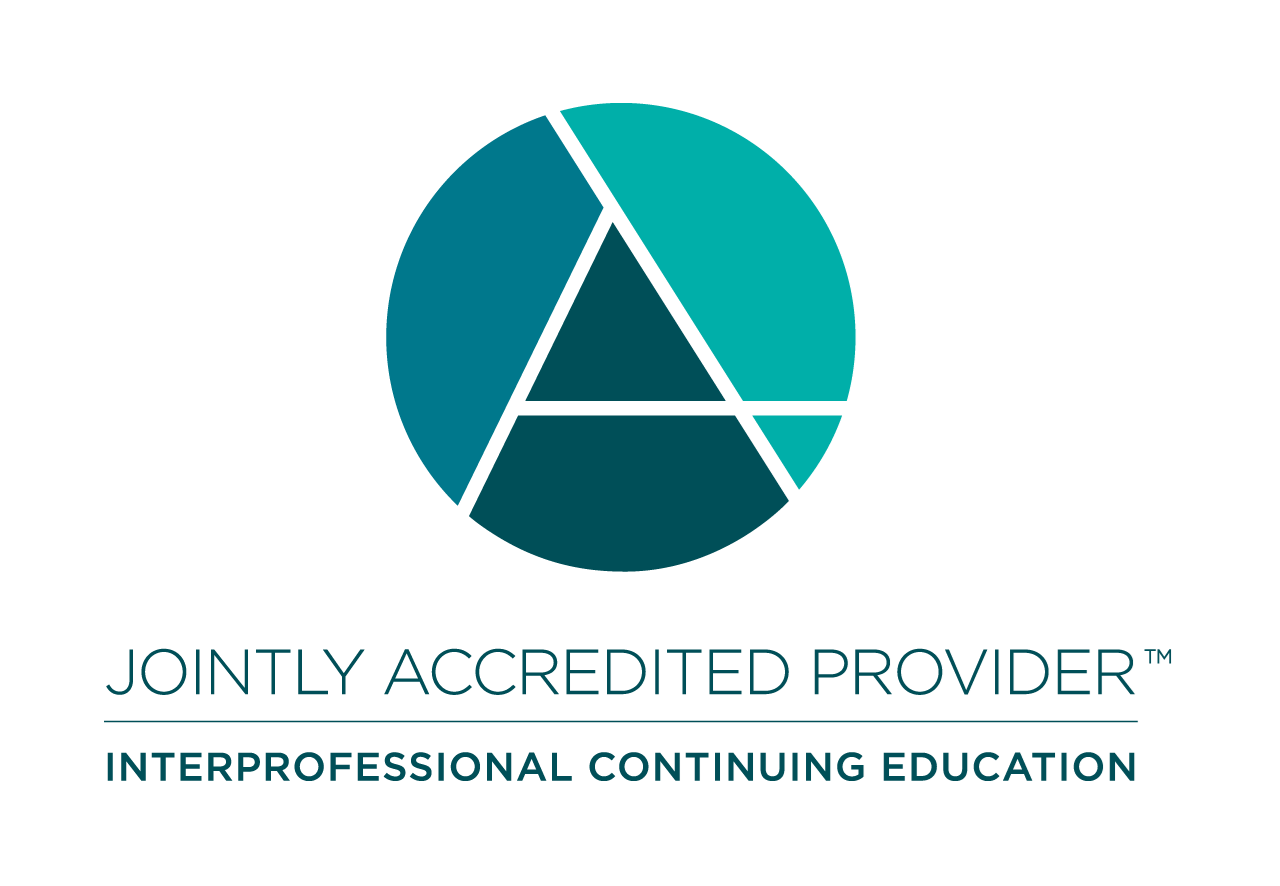Using Robust Process Improvement to Facilitate Change and Transform Your Culture
Change happens every day across every industry, but effective change is no easy feat, especially in healthcare. It requires everyone working together in pursuit of common goals. In healthcare settings, organizational change starts when leaders strategically empower nurses, doctors and employees at all levels to seek process improvement at every turn. This session features a detailed look at tools and approaches for leading change and sustaining performance gains, as well as understanding how culture can help or hinder the efforts to improve performance at your organization. In addition, this session will spotlight change management tools that increase the exposure and participation of staff and leadership in shaping new solutions and interventions, accelerating the speed at which the proposed change is accepted and reinforcing its effectiveness.
Learning Objectives:
- Understand how healthcare organizations can utilize change management tools and methods to drive a culture of change and improve performance.
- Develop an understanding of the role of change management in sustaining improvements.
Presented By:
- Anna ten Napel, Vice President, Care Management/Performance Improvement, Catholic Health Services Long Island
- Dawn Allbee, Executive Director, Customer Engagement, Joint Commission Center for Transforming Healthcare
This session was originally presented at the 2021 Congress on Healthcare Leadership.
Continuing Education Credit
ACHE Qualifying Education Credit
This recording is eligible for 1 ACHE Qualifying Education credit.
ACHE Education credits will be automatically updated in your My ACHE account upon completion of the recording.
Interprofessional Continuing Education Credit
In support of improving patient care, the American College of Healthcare Executives is jointly accredited by the Accreditation Council for Continuing Medical Education (ACCME), the Accreditation Council for Pharmacy Education (ACPE), the American Nurses Credentialing Center (ANCC), and the American Academy of PAs (AAPA) to provide continuing education for the healthcare team.
This activity was planned by and for the healthcare team, and learners will receive a maximum of 1 Interprofessional Continuing Education (IPCE) credit for learning and change. For further information about Joint Accreditation credits and certificates, please click here.
Physician Continuing Medical Education
The American College of Healthcare Executives (ACHE) designates this live activity for a maximum of 1 AMA PRA Category 1 Credits™. Physicians should claim only the credit commensurate with the extent of their participation in the activity.
Continuing Nursing Education
The American College of Healthcare Executives designates this live activity for a maximum of 1 contact hours of continuing nursing education.
Continuing Pharmacy Education
The American College of Healthcare Executives designates this knowledge-based activity for a maximum 1 contact hours of continuing pharmacy education credit.
Continuing Social Work Education
The American College of Healthcare Executives designates this knowledge-based activity for a maximum 1 contact hours of continuing social work education credit.
Continuing Education for Dietitians
The American College of Healthcare Executives designates this knowledge-based activity for a maximum 1 contact hours of continuing education credit for Registered Dietitians and Dietetic Technicians, Registered. RDs and DTRs should enter activities offered by jointly accredited providers as type 102 on Professional Development Portfolio (PDP) activity logs. CPEUs awarded must be commensurate with participation in the activity.
Physician Associate/Physician Assistant Continuing Education
The American College of Healthcare Executives has been authorized by the American Academy of PAs (AAPA) to award AAPA Category 1 CME credit for activities planned in accordance with AAPA CME Criteria. This activity is designated for a maximum of 1 AAPA Category 1 CME credits. PAs should only claim credit commensurate with the extent of their participation.




